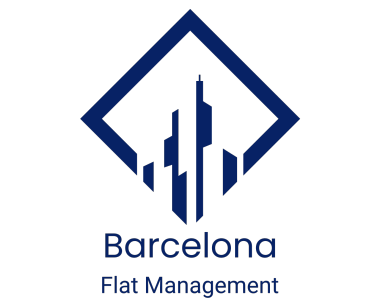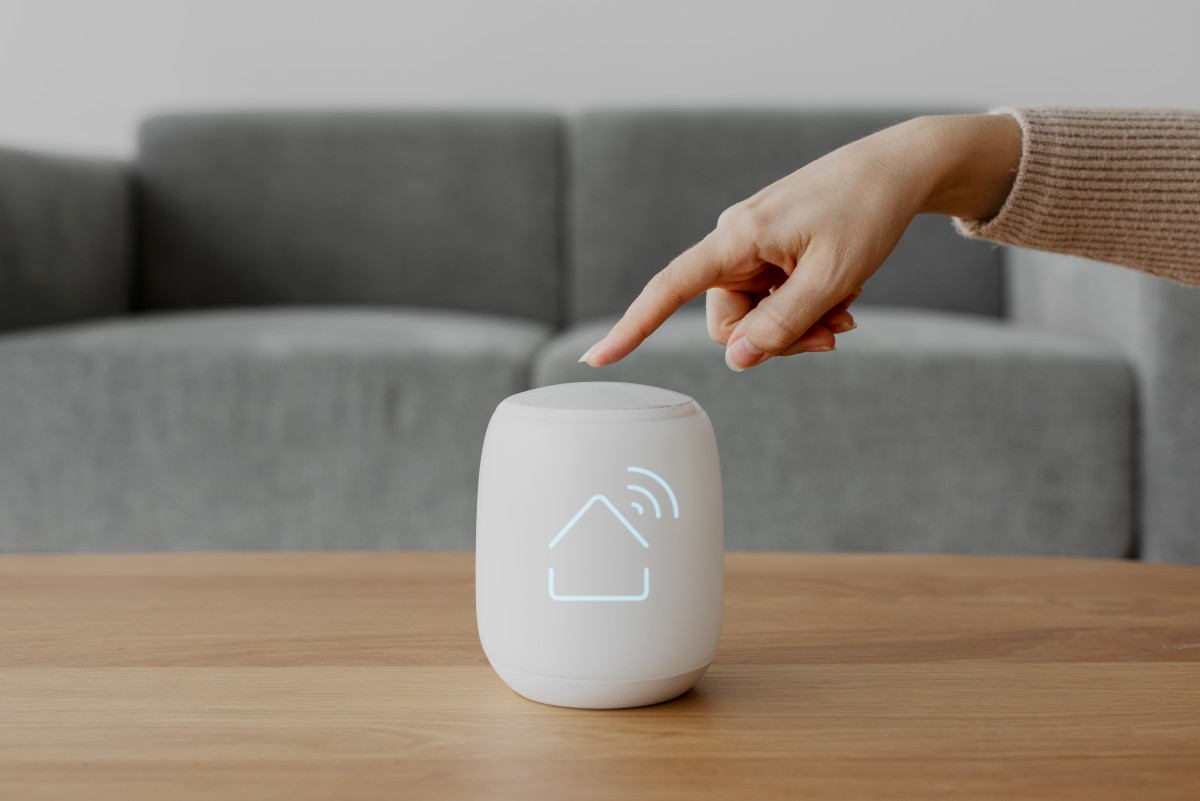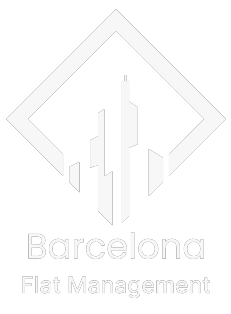Barcelona is at the forefront of a technological revolution, with smart homes becoming increasingly popular. These advanced abodes, equipped with the latest automation technologies, cater to a modern lifestyle that values convenience, efficiency, and connectivity.
Driven by rapid technological advancements and a shift in lifestyle preferences, Barcelona’s residents are embracing this innovative living experience. This trend reflects a broader move towards integrating technology into everyday life, making homes not just a place to live, but a hub of digital innovation and comfort.
Understanding Smart Homes: The Basics of Home Automation
Smart homes represent the cutting-edge convergence of technology and residential living, fundamentally transforming how we interact with our living spaces. At its core, a smart home is equipped with a network of interconnected devices that automate and streamline household tasks, enhancing convenience and energy efficiency. Fundamental technologies in home automation include Internet of Things (IoT) devices, which enable appliances and systems like lighting, heating, and security to be controlled remotely via smartphones or voice commands.
In Barcelona, these technologies are increasingly being integrated into modern flats, reflecting a city-wide embrace of innovation. Many new developments come pre-equipped with smart thermostats, automated lighting systems, and advanced security features that can be managed through a central system or even remotely. This integration goes beyond convenience; it’s about creating an ecosystem within the home that learns and adapts to the residents’ lifestyles, offering not just smarter living but a more sustainable and efficient way of life, perfectly aligned with Barcelona’s forward-thinking ethos.
The Driving Forces: Why Barcelona is Adopting Smart Homes
Barcelona’s adoption of smart homes is driven by a blend of factors, reflecting the city’s progressive ethos. A key factor is the tech-savvy nature of its residents. As a city known for its innovative spirit and a thriving tech startup scene, the population is more receptive to adopting new technologies, including those in home automation. Environmental concerns also play a significant role. With increasing awareness around sustainability, smart homes offer a way to reduce carbon footprints through energy-efficient appliances and systems, aligning with Barcelona’s commitment to environmental stewardship.
Economically, the integration of smart technology in homes can enhance property values and attract a more affluent market, contributing to the city’s real estate growth. The local government supports this trend, offering incentives for energy-efficient housing and investing in smart city initiatives that encourage a tech-oriented lifestyle. These combined factors create a conducive environment for the proliferation of smart homes in Barcelona, showcasing the city’s ambition to be a leader in urban technological advancement.
Leading Trends in Barcelona’s Smart Home Market
Barcelona’s smart home market is buzzing with innovation, primarily driven by the integration of IoT (Internet of Things), which is central to home automation. The city’s modern flats are increasingly equipped with energy-efficient appliances that not only reduce utility costs but also contribute to a greener lifestyle. These appliances, seamlessly integrated with home automation systems, can be remotely controlled and monitored for optimal energy use.
Automated security systems represent another significant trend. Enhanced with smart technologies, these systems offer features like remote surveillance, motion detection, and real-time alerts to homeowners’ smartphones, providing peace of mind and an added layer of security.
A unique feature gaining popularity in Barcelona is the integration of smart climate control systems. Reflecting the city’s Mediterranean climate, these systems intelligently adjust the indoor temperature and humidity, ensuring comfort while optimizing energy consumption.
The city’s commitment to smart urban living is also evident in the growing number of flats incorporating home assistants and connected devices, enabling residents to control everything from lighting to entertainment systems with voice commands or a tap on their smartphones. This trend towards a more interconnected and automated living space is not just a fad but a glimpse into the future of urban living in Barcelona.
The Impact of Smart Homes on Lifestyle and Efficiency
Smart homes in Barcelona are revolutionizing residents’ lifestyles, offering an unprecedented level of comfort, convenience, and efficiency. One of the most significant impacts is on energy efficiency. Automated systems like smart thermostats and lighting, which adjust based on occupancy and preferences, significantly reduce unnecessary energy use, leading to lower utility bills and a smaller carbon footprint.
Enhanced security is another major benefit. Smart security systems, equipped with surveillance cameras, motion detectors, and real-time alerts, offer residents peace of mind, knowing their homes are secure whether they’re present or away.
The quality of life improvements are profound. Smart homes provide a level of convenience previously unimaginable. With voice-activated assistants and remote-controlled appliances, daily tasks are simplified, creating a more streamlined and stress-free living environment. Additionally, these homes often include health-oriented features, such as air quality monitors and circadian lighting, promoting a healthier lifestyle.
Future Outlook: What’s Next for Smart Homes in Barcelona
The future of smart homes in Barcelona looks both promising and dynamic. Anticipated trends include the advancement of AI-driven home automation, where systems not only respond to commands but also anticipate needs based on user behavior patterns. The integration of virtual and augmented reality in home design and maintenance is another exciting prospect, offering immersive ways to visualize and manage living spaces.
As IoT devices become more sophisticated, we can expect even more seamless integration of home appliances and systems, leading to smarter and more intuitive living environments. The evolution of energy management systems, focusing on renewable sources and further efficiency, will align with global sustainability goals.
However, challenges such as data security and privacy concerns are paramount as homes become more connected. Addressing these issues will be critical for maintaining consumer trust and fostering growth. Additionally, ensuring these technologies are accessible and affordable will be crucial in democratizing the benefits of smart home living. Barcelona, with its innovative spirit and commitment to smart city initiatives, is well-positioned to navigate these challenges and lead the way in the smart home evolution.
Embracing a Smarter Future: The Evolving Landscape of Barcelona’s Flats
In summary, the landscape of Barcelona’s flats is undergoing a transformative shift towards a smarter and more interconnected future. The integration of IoT, energy-efficient appliances, and automated security systems is revolutionizing how residents interact with their homes, offering unprecedented levels of convenience, efficiency, and security. These advancements are not just enhancing lifestyles but are also aligning with environmental sustainability goals, a crucial consideration in today’s world. The potential of AI, VR, and renewable energy integration in future smart homes points to an even more exciting and efficient urban living experience.
However, challenges like data security and affordability need careful navigation. This technological evolution is pivotal in shaping the future of urban living, making Barcelona’s flats not just homes but hubs of innovation and comfort. Embracing this smarter future is key to ensuring that the city continues to be at the forefront of modern, sustainable living.













